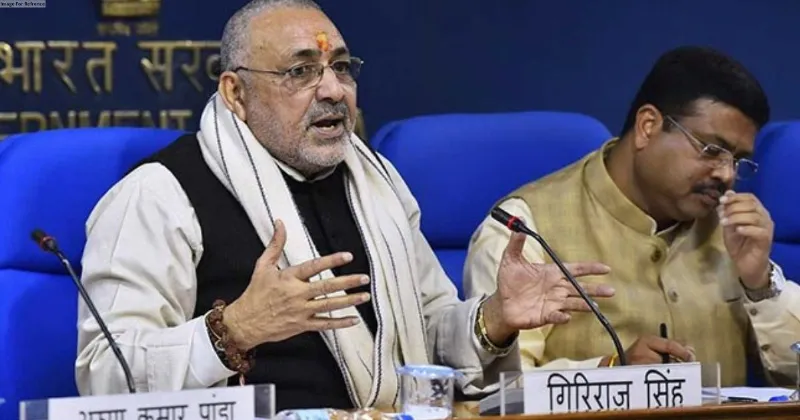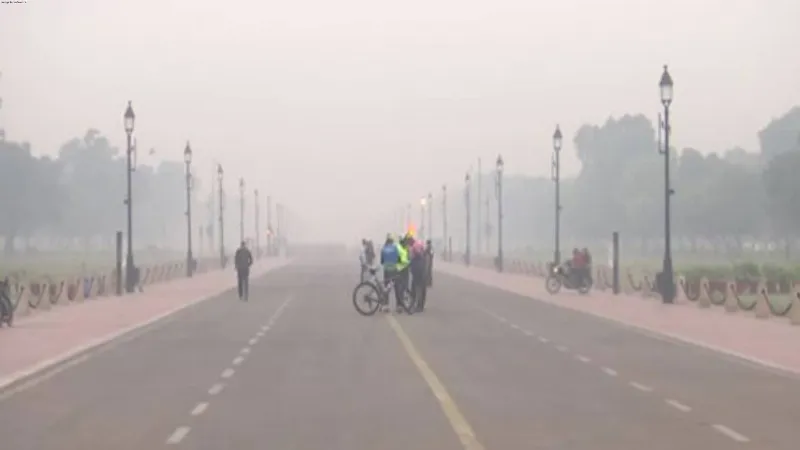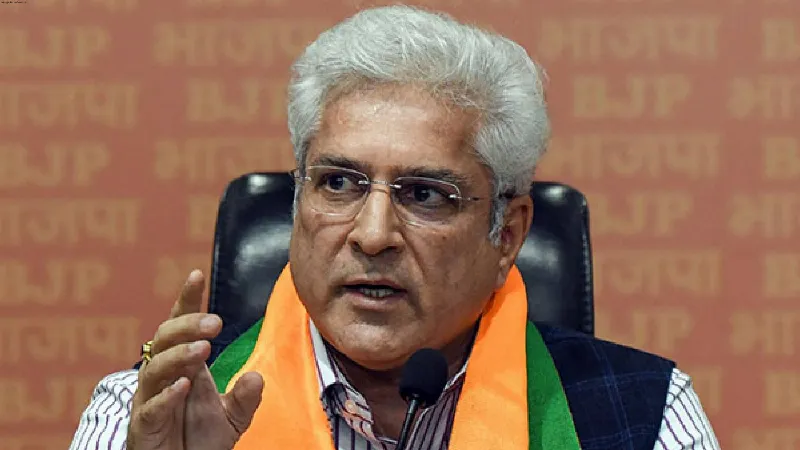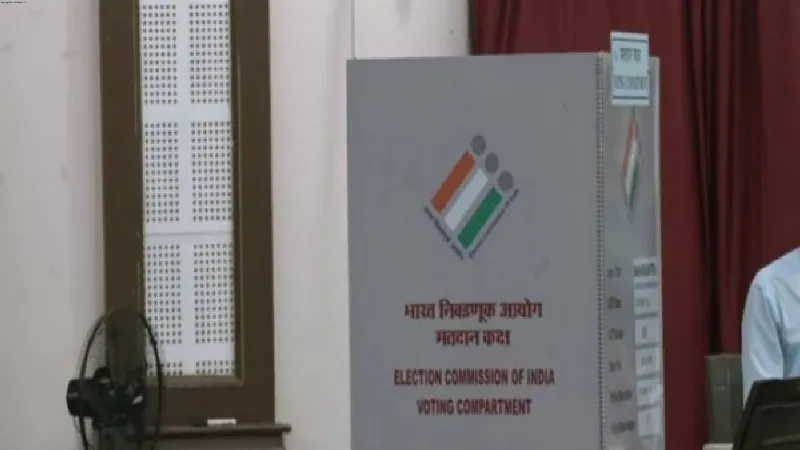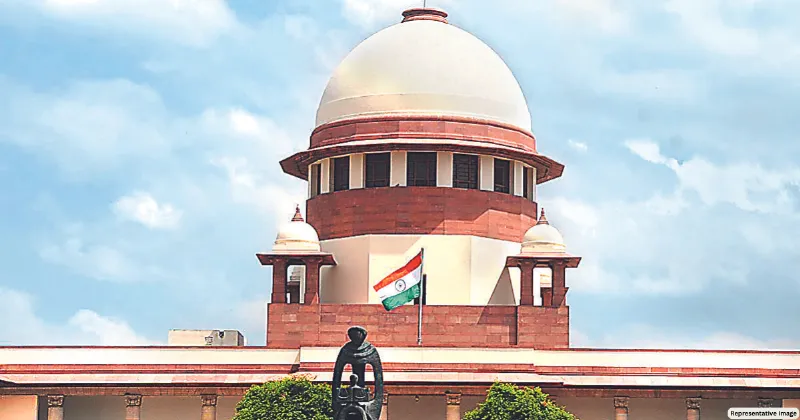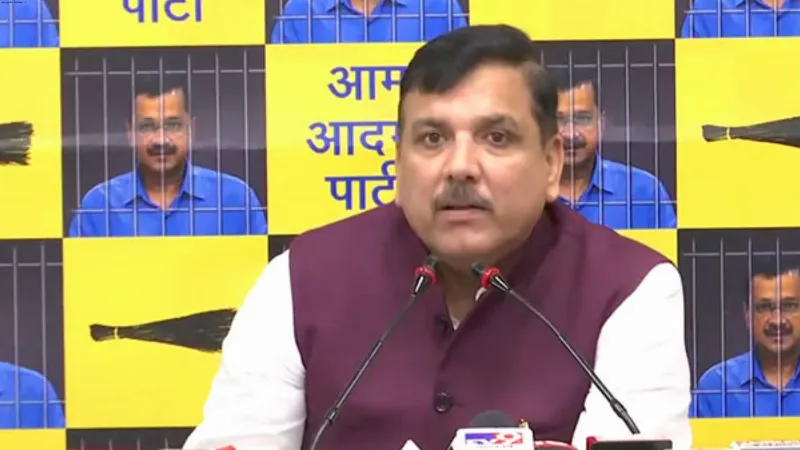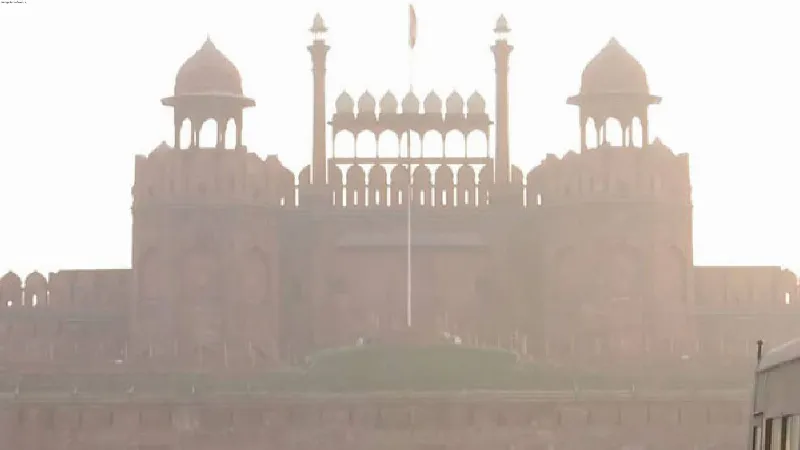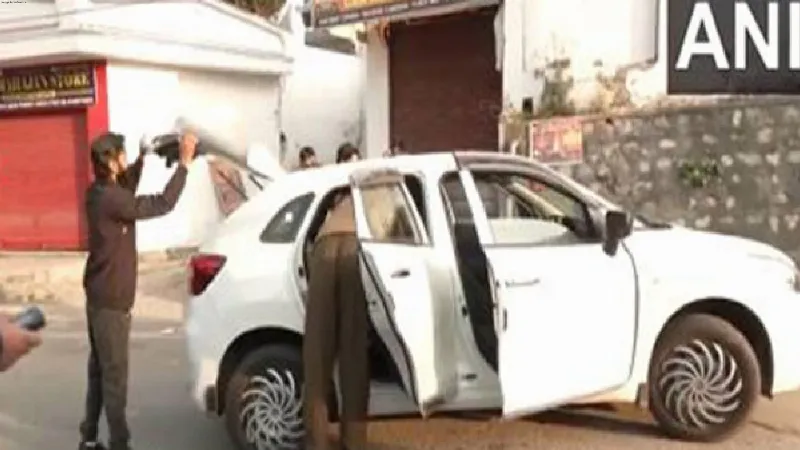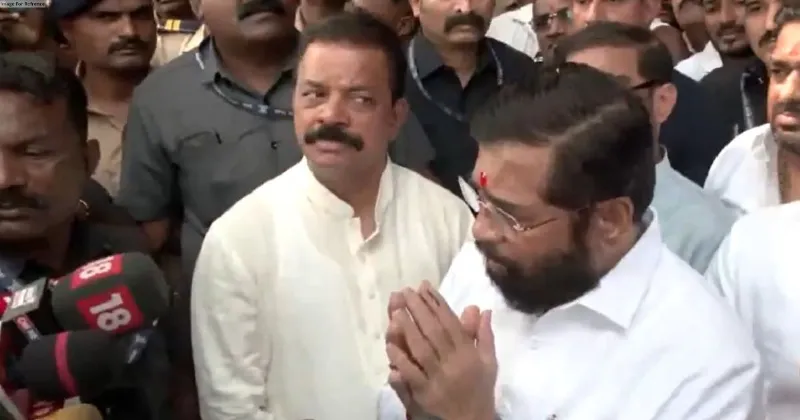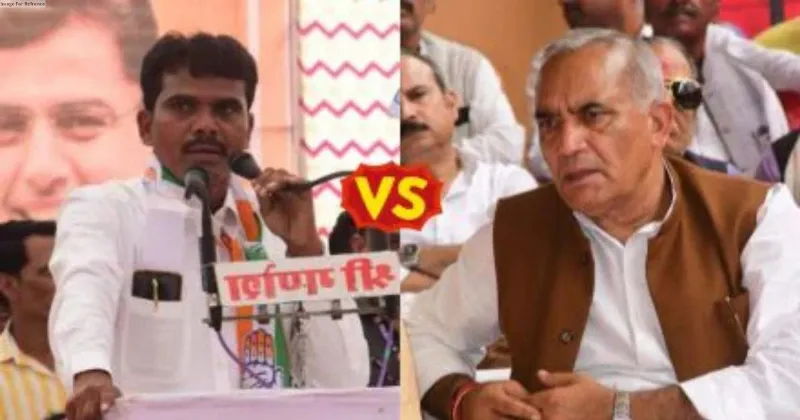Latest News
Litigants may become disillusioned with judicial process due to delays in proceedings: Supreme Court
.png)
New Delhi: The Supreme Court has observed that the litigant public may become "disillusioned with judicial processes" due to inordinate delay in the legal proceedings not reaching their logical end and moving at a snail's pace due to dilatory tactics adopted by one or the other party.
Noting that even after 41 years, the parties in a property dispute case before it are still groping in the dark and litigating, the top court has called for urgent reforms in the country's judicial system in order to tackle delays and clear the backlog of civil cases in courts.
"Even after 41 years, the parties to this list are still groping in the dark and litigating as to who should be brought on record as legal representative of the sole plaintiff. This is a classic case and a mirror to the fact that the litigant public may become disillusioned with judicial processes due to inordinate delay in the legal proceedings, not reaching its logical end, and moving at a snail's pace due to dilatory tactics adopted by one or the other party," said the bench of Justices S Ravindra Bhat (now retired) and Aravind Kumar.
The bench said in verdict on Friday that the edifice of country's democracy depends on a judiciary that dispenses justice not as an afterthought but as a paramount mission. "We must adapt, we must reform, and we must ensure that justice is not a mirage but a tangible reality for all," it added.
It stressed the need to shed procrastination and bureaucratic inefficiency and said that the time is now to act against delays and pendency of cases in courts.
"The time for procrastination is long past, for justice cannot be a casualty of bureaucratic inefficiency. We must act now, for the hour is late, and the call for justice is unwavering. Let us, as guardians of the law, restore the faith of our citizens in the promise of a just and equitable society. Let us embark on a journey of legal reform with urgency, for the legacy we leave will shape the destiny of a nation. In the halls of justice, let not the echoes of delay and pendency drown out the clarion call of reform. The time is now, and justice waits for no one," the top court stated in its verdict.
The bench issued a slew of directions to ensure speedy justice is delivered to the public.
All courts at district and Taluka levels shall ensure proper execution of the summons and in a time-bound manner as prescribed under Order V Rule (2) of CPC and 49 same shall be monitored by Principal District Judges and after collating the statistics they shall forward the same to be placed before the committee constituted by the High Court for its consideration and monitoring, the apex court directed.
It further ordered that all courts at the District and Taluka level shall ensure that written statement is filed within the prescribed limit, as prescribed under Order VIII Rule 1 and preferably within 30 days, and to assign reasons in writing as to why the time limit is being extended beyond 30 days as indicated under proviso to sub-rule (1) of Order VIII of CPC.
Fixing the date of trial shall be in consultation with the advocates appearing for the parties to enable them to adjust their calendars. Once the date of trial is fixed, the trial should proceed accordingly to the extent possible, on a day-to-day basis, it said.
Trial judges of District and Taluka Courts shall as far as possible maintain the diary to ensure that only such number of cases can be handled on any given day for trial and complete the recording of evidence so as to avoid overcrowding of the cases and as a sequence of it would result in adjournment being sought and thereby preventing any inconvenience being caused to the stakeholders.
The counsels representing the parties may be enlightened of the provisions of Order XI and Order XII so as to narrow down the scope of dispute and it would be also the onerous responsibility of the Bar Associations and Bar Councils to have periodical refresher courses and preferably by virtual mode.
The direction stated that the trial courts shall scrupulously, meticulously and without fail comply with the provisions of Rule 1 of Order XVII and once the trial has commenced, it shall be proceeded from day to day as contemplated under the proviso to Rule (2).
The statistics relating to the cases pending in each court beyond 5 years shall be forwarded by every presiding officer to the Principal District Judge once a month who (Principal District Judge/District Judge) shall collate the same and forward it to the review committee constituted by the respective High Courts for enabling it to take further steps, it said.
"The Committee so constituted by the Chief Justice of the respective States shall meet at least once in two months and direct such corrective measures to be taken by the concerned court as deemed fit and shall also monitor the old cases (preferably which are pending for more than 05 years) constantly," it added.
It was directed that the judgment be circulated by the top court's Secretary General to all the Registrars General of the High Courts, to be placed before Chief Justices for necessary action
The verdict of the apex court came while disposing of a 41-year-old civil suit.



